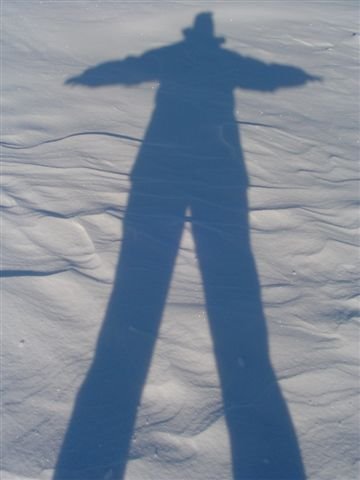I recently returned from South East Asia. There are many, many stories I could tell, but on this tribune, I will stick to language.
I was amazed how easy it was to travel in SEA. Cheap guest houses can be found literally anywehre and most have their own little travel agency, so my hosts could set me up for treks, city tours, inter-city transportation, plane tickets. They could call in a masseuse if I wanted to, cook for me and provide me with inexpensive booze, wash my clothes, give me access to high speed (that's arguable) internet. The most amazing part of it all is that all of them, cab, tuk-tuk and motobike drivers, travel agents, tour guides, internet cafe clerks, masseuses, cleaning and laundry ladies, kids trying to sell me stuff, all spoke ENGLISH to me. It is a well-known fact that the international lingua franca is English. Obviously, it makes commercial sense for them to speak English to Westerners. But I find that experiencing it for oneself is quite different from intellectually knowing that this is the case.
I will admit: My travel partner and I often made fun of their English, especially the guest house rules. From complete non-sense to awkward phrases to (unintended) linguistic puns, it was often poorly written. But one fact remains: essential information was communicated effectively and transactions completed smoothly.
I could not help but being glad I, and they too, spoke good English. At the same time, I could not help but being glad that English is NOT my first language. I admitted with pride that I was Canadian. At the same time, I admitted with some embarassment that I was Canadian, because I feared they would assume English was my first and only language (thinking, I am sure rightly most of the time, that the locals could not detect the Francophone accent in my speech). In fact, I was happy when the person I was talking to asked where in Canada I was from, so that I could highlight the fact that French, not English, was my first language.
In any case, the default language was, needless to say, English. To the extent that pretty much every tourist I met assumed that every backpacker they interacted with spoke good English. That atttitude pissed me off a little, but I realized soon enough that I was assuming the same of them, and worse, the same of most locals I interacted with. Of course, I learned the local greetings, how to say "please" and "thank you", and I could tell they appreciated it. Sometimes they even looked a little surprized. Still, English dominated all interactions. It never bothered me while traveling to Europe, probably because I can speak 3 common European languages, or in Latin America, because I communicate in my imperfect Spanish, but this time around, I really felt like I was imposing a language.
I guess my point is that there is a lesson to learn in discovering that a nine-year old little Cambodian girl, helping her family out by selling bracelets to tourists on the beach, the same little girl who goes to school only when it rains, if at all, spoke to me in an impressive English. Some will say she learned it out of necessity. Sure, but still. Meanwhile, a young Cambodian driver says a few words in French to a Canadian who is incapable of answering back. It's quite a strong image, don't you think? Especially if you know that 70% of all Cambodians are illiterate.
If knowing English gives me the power to communicate internationally (among other things), knowing that I know two other languages fluently gives me the justification I need to legitmize my use of English. Although I felt like a linguistic invader in Asia, I found comfort in knowing that I can reach people in their native tongue every now and again, and that I, too, was reaching Asians in a language that I cannot (quite) call my own.
04 août 2008
S'abonner à :
Commentaires (Atom)
